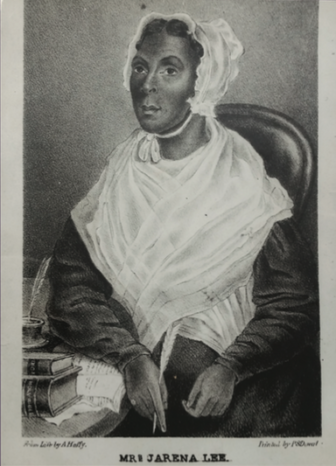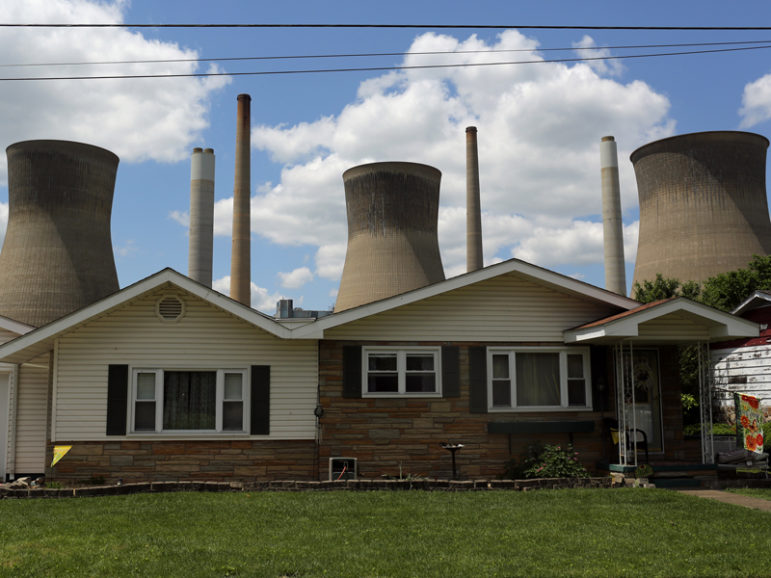(RNS) African Methodist Episcopal Church members have joined the call of other religious leaders for action on climate change, citing its disproportionate effect on the health of black people.
“We can move away from the dirty fuels that make us sick and shift toward safe, clean energy like wind and solar that help make every breath our neighbors and families take a healthy one,” reads a resolution passed on Wednesday (July 13), at the end of the church’s quadrennial General Conference in Philadelphia.
The resolution, echoing Pope Francis and Ecumenical Patriarch Bartholomew, pointed to research that shows climate change has a negative impact on African-Americans: 39 percent of Americans living near coal plants are people of color, and black children are four times as likely as their white counterparts to die from asthma.
“We believe it is our duty to commit to taking action and promoting solutions that will help make our families and communities healthier and stronger,” said Bishop John F. White, president of the AME Church’s Council of Bishops.
The statement calls for leaders and members of the 2.5 million-member denomination to advocate for support of the 2015 Paris Climate Change Agreement for reduction of carbon emissions and encourages congregations to have more energy-efficient buildings.
RELATED STORY: AME Church continues 200-year journey toward racial justice
The resolution passed at their 50th General Conference, a gathering of some 30,000 people that marked the denomination’s bicentennial.
In other action during the meeting, AME Church members:
- Maintained their stance opposing same-sex marriage. “The African Methodist Episcopal Church reaffirms our belief that marriage is between a man and a woman, and forbids our ministers from uniting in, performing or participating in same sex marriage ceremonies, or the use of our facilities for such events,” concludes a position paper that passed during the meeting. A motion to remove that topic from the paper failed. Jackie Dupont-Walker, director of the church’s Social Action Commission, said she expects discussion will continue “at every level of the church” before its next meeting in four years. “With the fastest-growing segment of our church being on the continent of Africa, it must be a very strong discussion,” she said. “Because there’s less willingness there than here to embrace it.”

P.S. Duval, Mrs. Jarena Lee; half, seated, 1849, Lithograph. Courtesy of Charles Blockson Afro-American Collection, Temple University
- Posthumously ordained a woman permitted to preach by founder Richard Allen. Jarena Lee, a member of Bethel AME Church, which Allen started in 1791 in Philadelphia, was allowed to serve as a traveling preacher. “While the ordination did not take place, he affirmed her calling by the way he allowed her to use her talents and skills,” said Dupont-Walker. Two centuries later, Lee was declared ordained by the denomination’s senior bishop.
- Elected six bishops, two of whom made history. Bishop Frank M. Reid III, a longtime Baltimore pastor, follows both his father and grandfather, who were also bishops. In another first, Bishop Anne Henning Byfield, a presiding elder from the North District of the Indiana Annual Conference, is the sister of retired Bishop C. Garnett Henning Sr.





